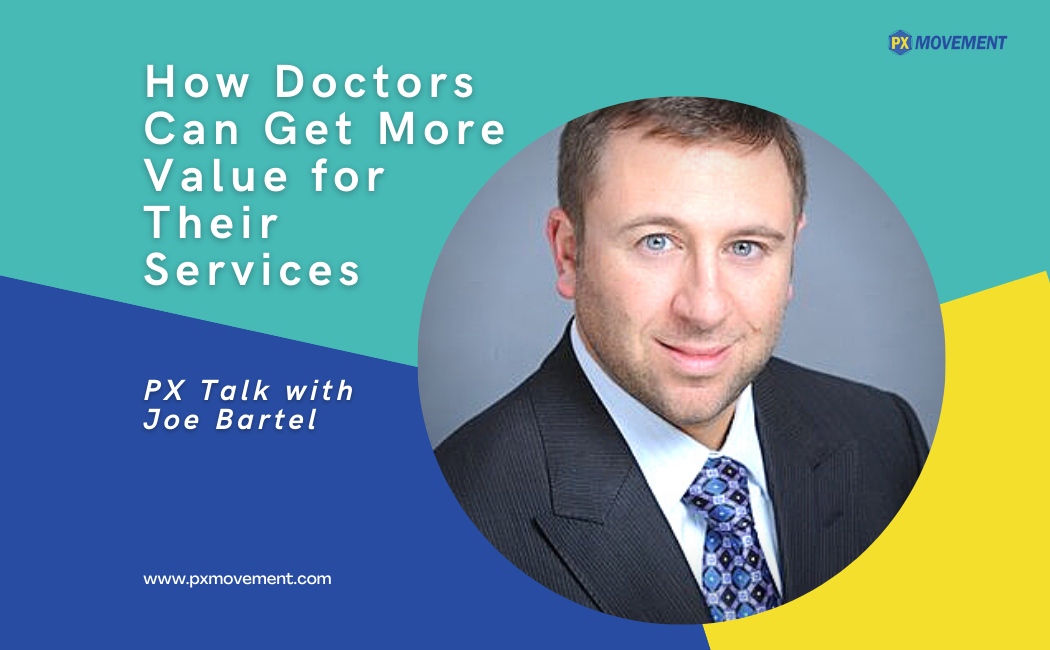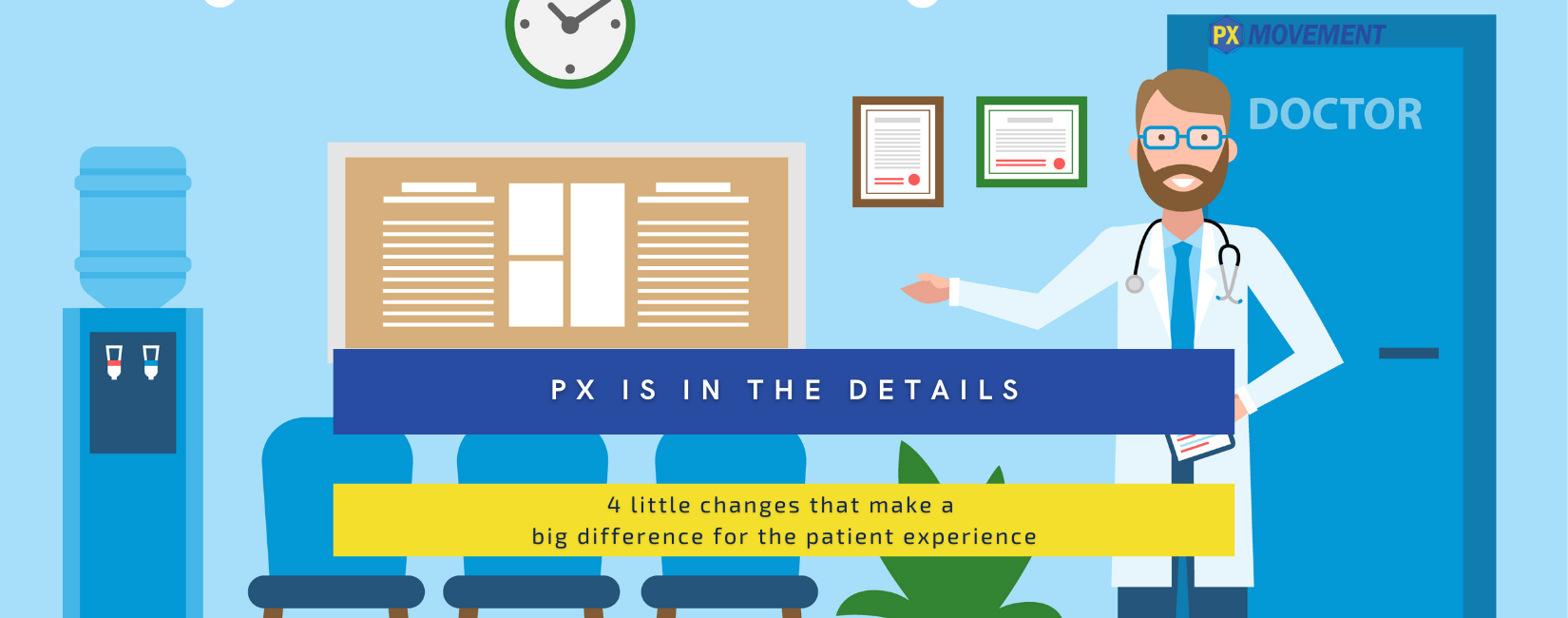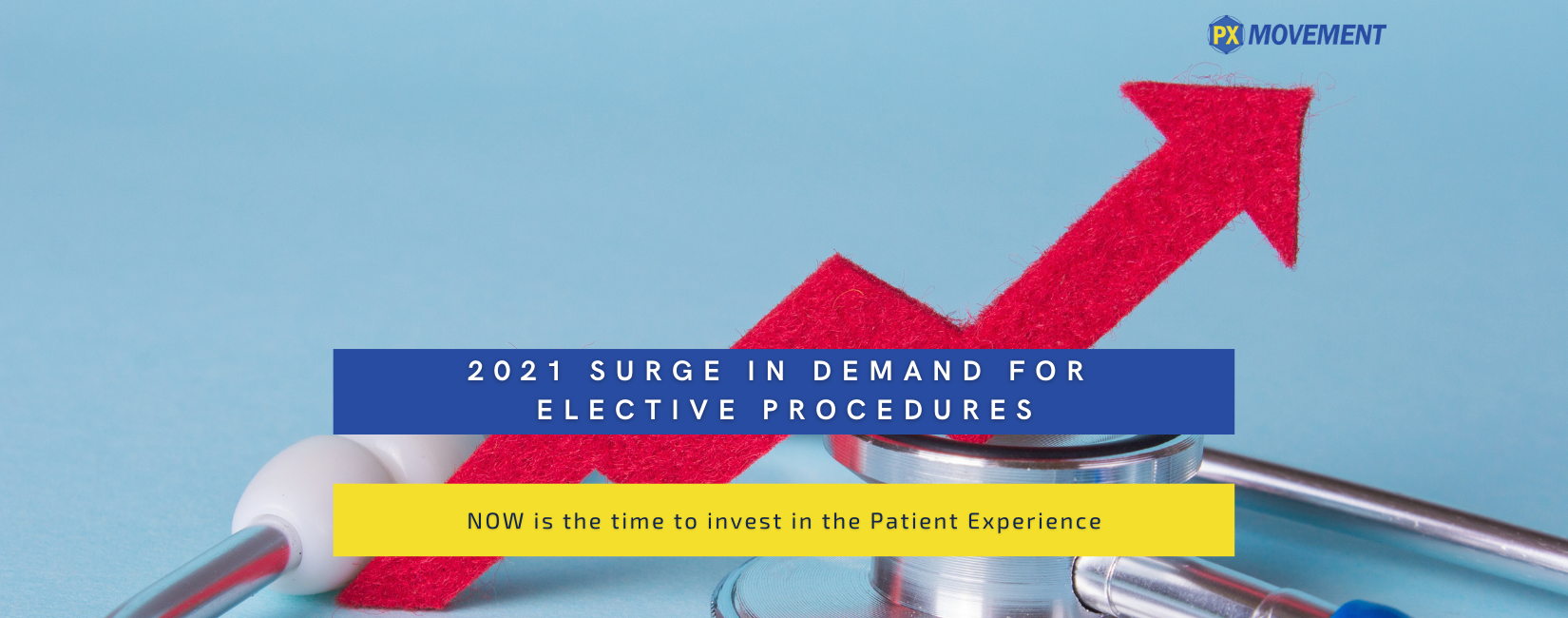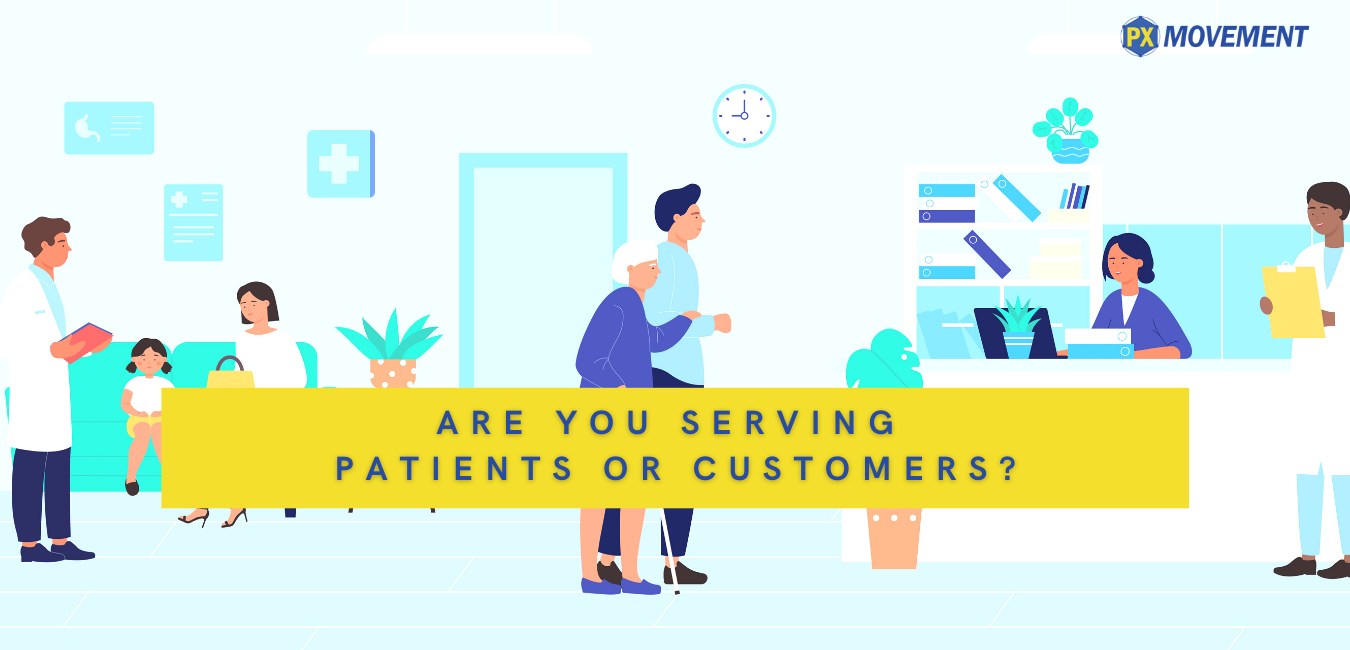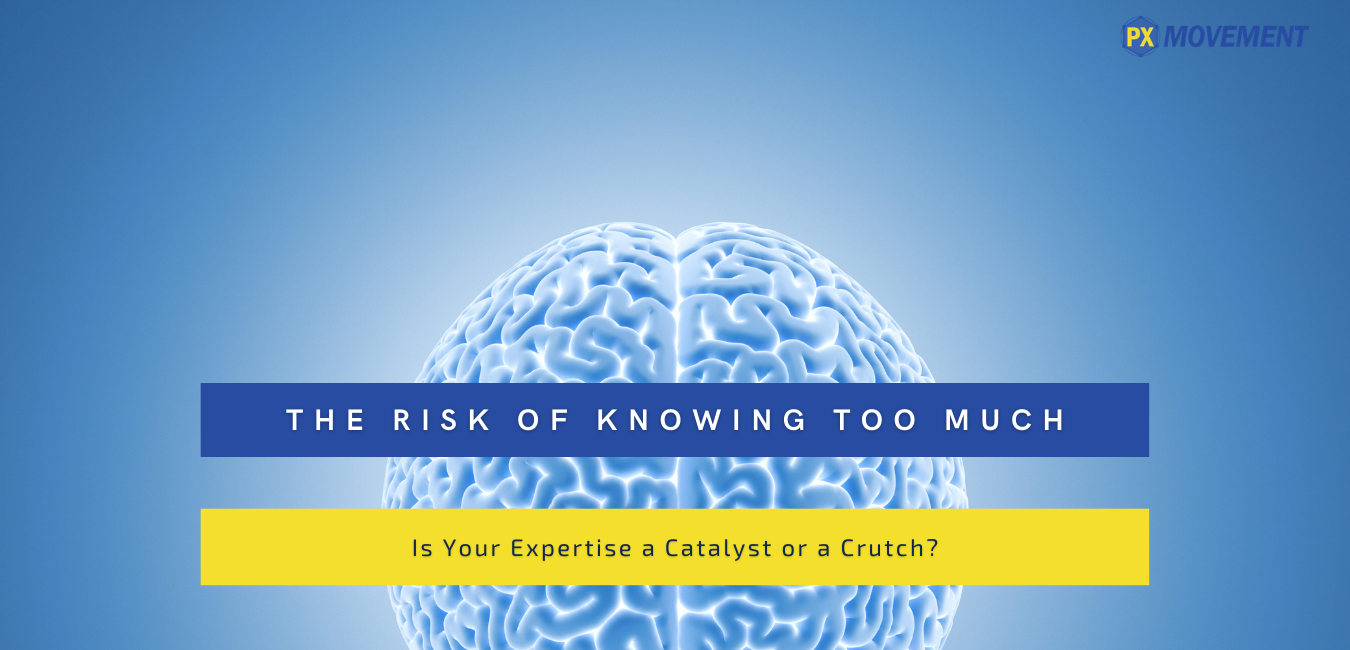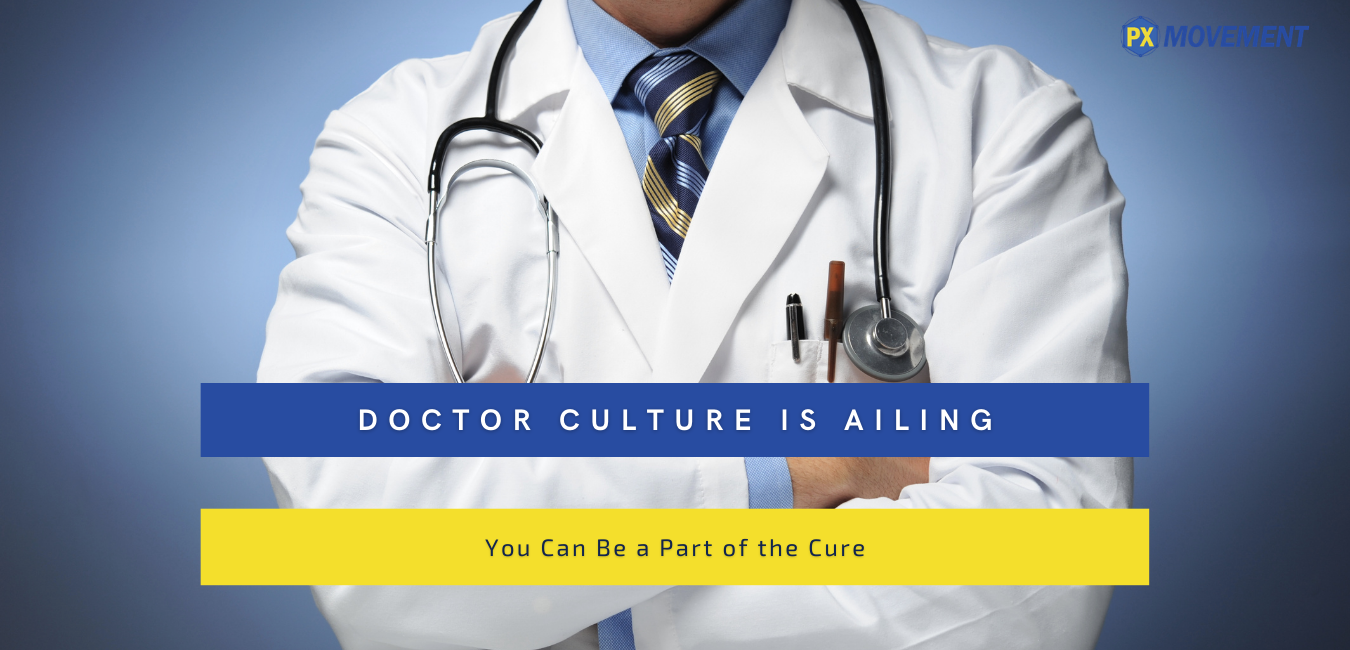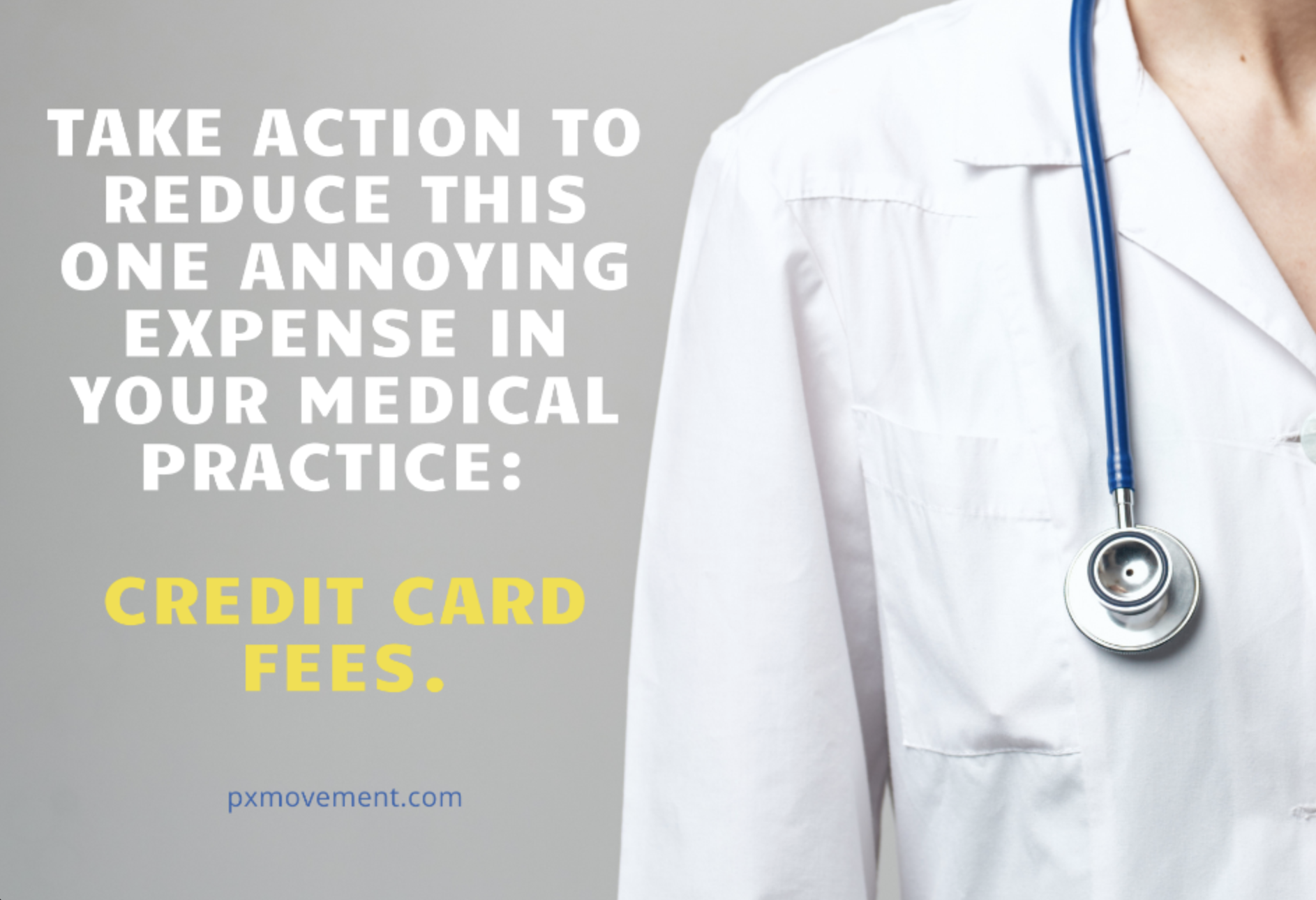
The Hidden Costs of Running a Practice
How to find that missing money In reviewing financials for medical practices, there’s one line item that sticks out because of the amount as well as this gnawing sense that it’s just unreasonable relative to all the other costs of running a business. That line item: credit card fees. It’s the

